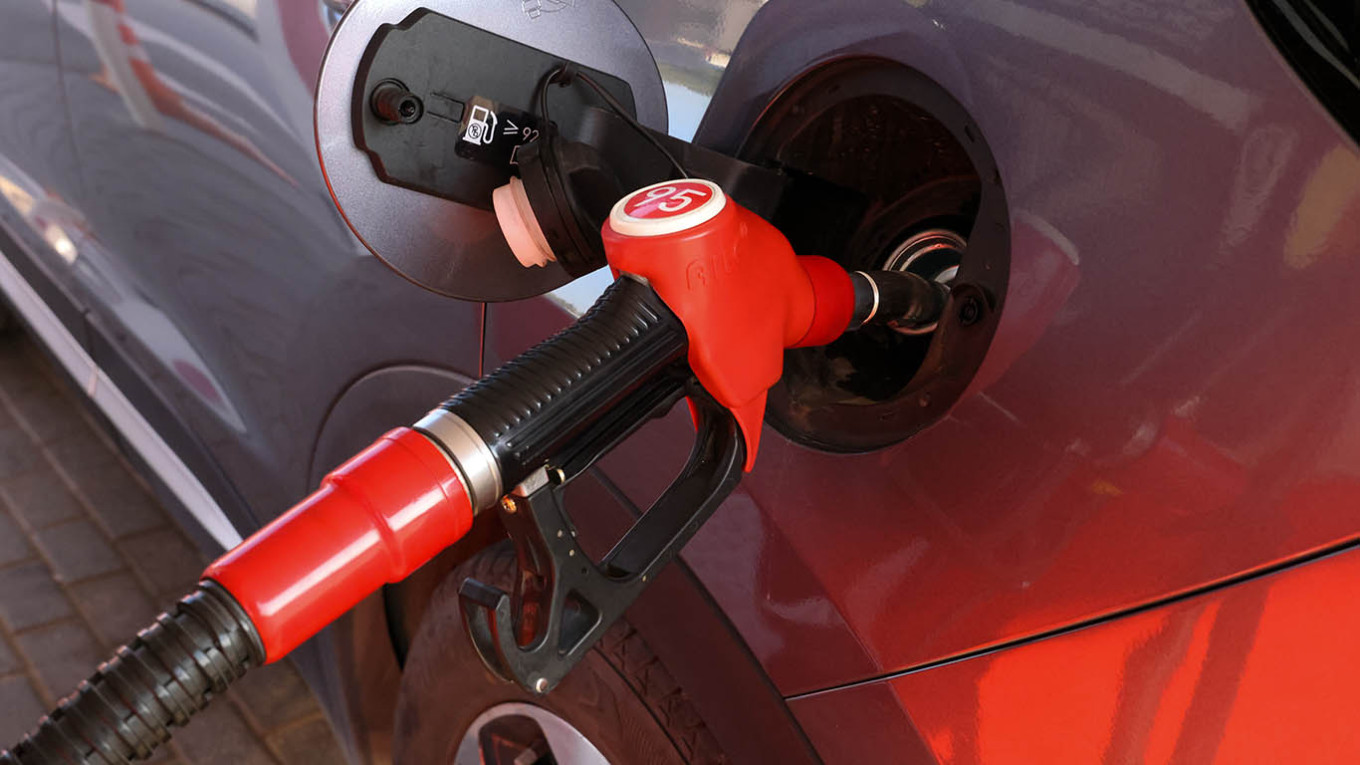Wholesale gasoline prices in Russia surged to unprecedented levels this week, spurred by a series of Ukrainian strikes on Russian refineries coinciding with peak demand during the holiday and harvest periods.
Data from the St. Petersburg International Mercantile Exchange, the country’s leading commodity exchange, indicates that the price of AI-95, a standard unleaded gasoline widely available at Russian fueling stations, hit a record 82,380 rubles ($1,000) per ton on Wednesday. Although the price experienced a slight decline of 1.33% on Thursday, it remained close to this historic high.
The price increase, which started earlier this summer, has resulted in wholesale prices rising by more than 50% since January. Analysts primarily attribute this escalation to an increase in Ukrainian strikes that have damaged refineries, forcing key facilities offline and creating tighter supply conditions.
In response to this situation, the government has instituted a temporary embargo on gasoline exports for August and September and is currently contemplating an extension into October.
As reported by the business daily Kommersant, oil companies may have ceased their previous efforts to keep prices low last month in anticipation of the government retroactively modifying the “fuel damper” subsidy system. This mechanism compensates producers for selling fuel at lower prices domestically than they could export. However, companies usually face the risk of losing these subsidies if domestic prices rise excessively.
Sources indicate that officials are considering increasing the allowable difference between domestic and export prices, which would enable companies to continue receiving subsidies despite the price spike.
On Wednesday, representatives of Russia’s Energy Ministry reportedly convened to deliberate on additional measures for stabilization. Possible options include urging oil companies to redirect more diesel from export pipelines to the local market and encouraging more consistent purchasing habits among traders to qualify for supplier discounts.
Energy Minister Sergei Tsivilev mentioned that oil firms have also revised their refinery maintenance schedules to avoid periods of high demand, as part of efforts to alleviate the ongoing supply shortages.

